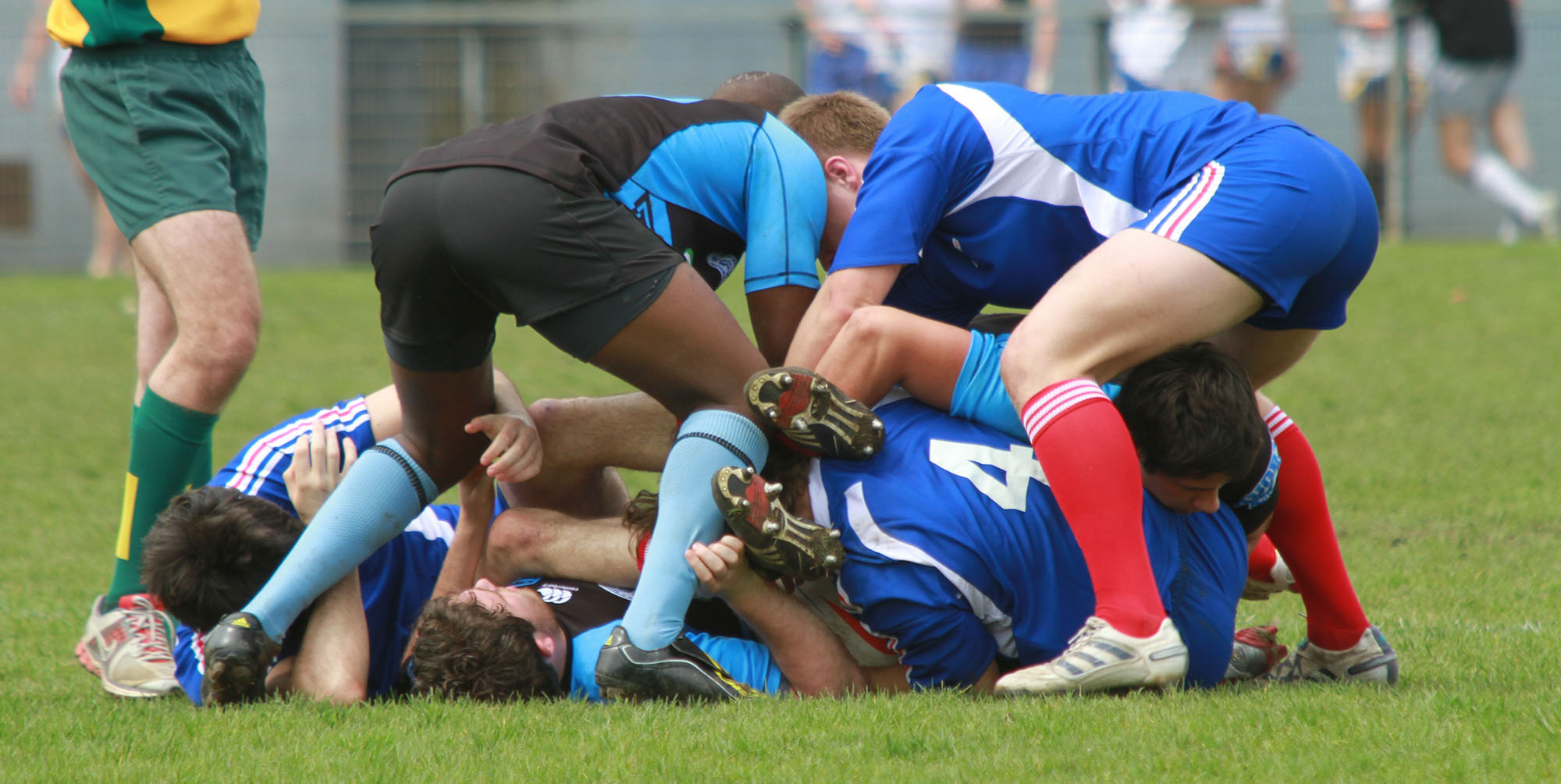Rugby Study Links Concussions to Loss of Brain Function
Posted: August 24, 2015
Posted in: Head and Brain Injuries Sporting Injuries
A study of rugby union players has linked concussions to a lack of brain function in what could be a groundbreaking study for rugby and dealing with head injuries in general.
The research, which was carried out by World Rugby took 485 men and compared amateur and professional players with matched control groups. However, despite a link being noted between sporting injuries and loss of brain function, the organisation stated that more research needed to be carried out to truly determine if there was any link although many medical experts have since disagreed.
Brain Function Study
Although the organisation stated that it would take time to review the findings and if there was any link, Professor Patria Hume said it was “irresponsible” to ignore the findings.
The statistics showed that rugby players with four or more concussions performed worse in tests measuring mental and physical coordination, motor speed and multi-tasking and took rugby players from all sorts of levels including 131 ex-players and 281 retired amateur players. The Auckland University of Technology study, which conducted the study after being commissioned by World Rugby in 2012 did so following fears about the potential for long-term brain injuries in high-impact sports and a number of high-profile incidents in the sport.
Professor Hume said that the study showed a statistically significant link between repeated concussion and brain damage. She said:
“94% of elite level rugby players experienced one or more concussions.”
“We’ve got to go through that scientific process, but what I’m saying is that, as a scientist, it’s irresponsible for people to say there are no long-term brain health issues.“
“Because all indications so far from the analysis we have done indicates that there possibly are for the rugby players and for people who have been concussed more than four times.”
Concussion in Rugby
The prominence of concussion in rugby had been growing for a number of years with an incident involving Wales’ George North in the opening game of the Six Nations showing the dangers of playing on with a head knock. In a statement World Rugby said:
“The study showed that rugby players performed above average on some tests compared to non-contact sports players and less well in others.”
“It is, therefore, difficult to draw robust conclusions about the links between rugby and long-term cognitive health issues and highlights the need for further in-depth research.”
The latest figures from Rugby England showed that concussions rose by 59% in 2013-14 compared to the previous season.
Dangers of Head Injury
Sadly head injuries are common and due to the nature of the injury, can occur almost anywhere. If you have suffered from a head knock through no fault of your own and suffered a concussion, dizziness or any other medical issue you could be entitled to make a personal injury claim.
Contact Us
If you have been injured through no fault of your own and require legal advice regarding making a personal injury claim, contact our solicitors today using our online contact form.
« Model Jailed for Fake Whiplash Claim
Police Launch New Task Force to Combat Road Traffic Accidents »


